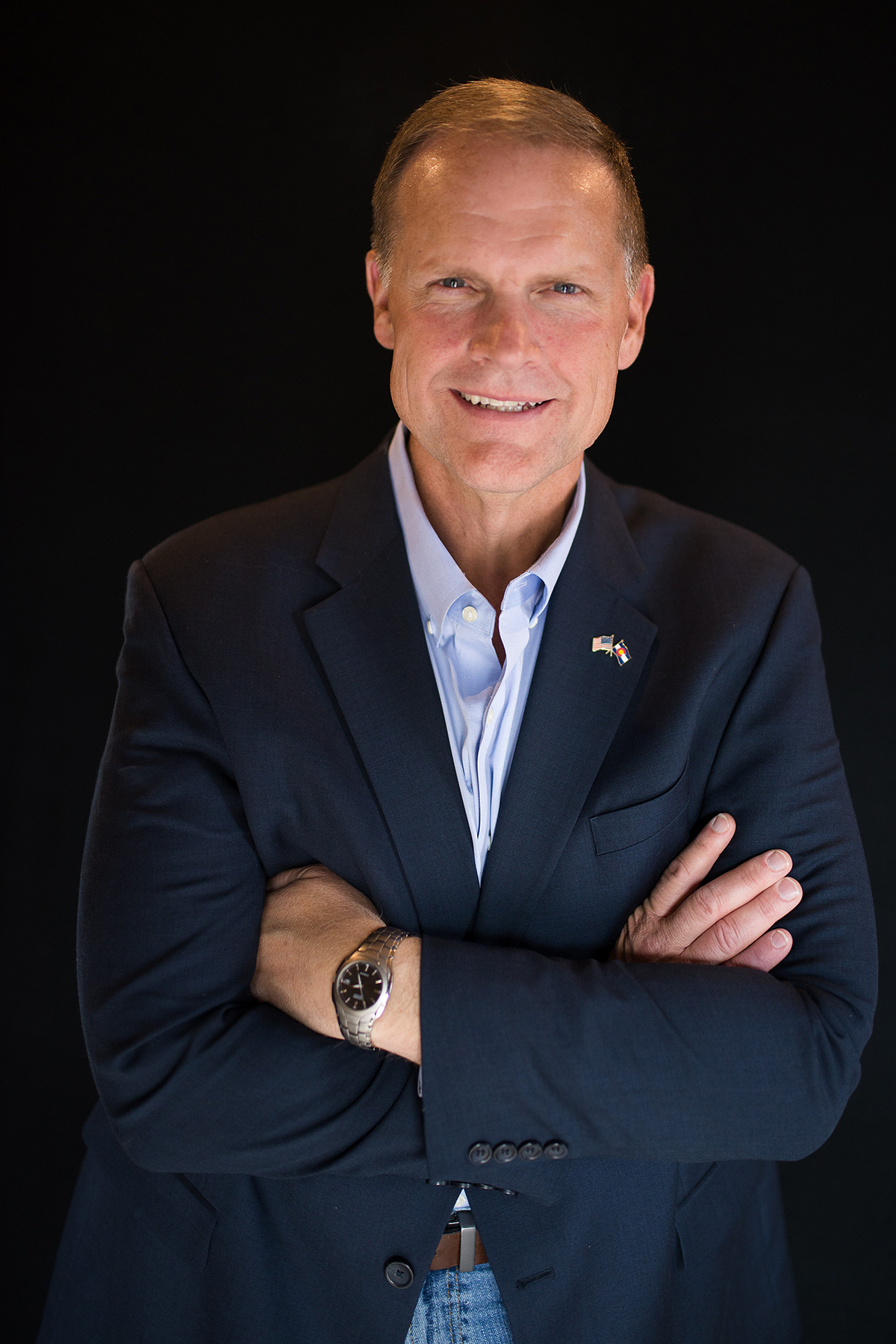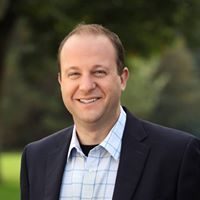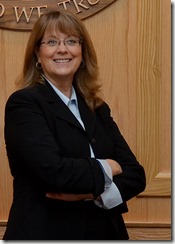GREELEY — The Weld Board of County Commissioners voted 5-0 on Monday to make unincorporated Weld County an area of state interest, a move that will allow them to exert control over surface regulations for oil and gas drilling permits.
The move, that will create new code and a new department within the county, is part of Weld County’s ongoing resistance to the passage of Senate Bill 181, which makes sweeping, and highly restrictive, changes to how oil and gas development is regulated in Colorado.
The new department will bypass the state for permitting of all wells inside Weld’s jurisdiction. Commissioners said the change is necessary for the economic health of the county.

“We are claiming our 1041 authority to handle the land use for oil and gas,” said Commissioner Scott James. “I agree with Gov. Polis that the best government is the government closest to home. Therefore, your government will take that authority and continue the economic vitality of Weld County.”
1041 Powers refers to House Bill 1041, passed in 1974, which according to the state’s website allows: “local governments to identify, designate, and regulate areas and activities of state interest through a local permitting process. The general intention of these powers is to allow for local governments to maintain their control over particular development projects even where the development project has statewide impacts.”
Mineral resource areas are currently included as “statewide areas” under 1041 powers. An amendment added to SB-181 also explicitly states those powers as:
“Each local government within its respective jurisdiction has the authority to plan for and regulate the use of land by … Regulating the surface impacts of oil and gas operations.”
James said Weld commissioners are only helping Gov. Jared Polis keep his word concerning local control, pointing to a meeting he had with Polis and fellow commissioners Mike Freeman and Barbara Kirkmeyer.
“He looked us in the eye and he said, ‘How you do business in Weld County will not change.’” James said. “You’re right Gov. Polis, because the actions we (took) today will ensure that it does not change. We’re here to make sure Gov. Polis keeps his word, and I’m excited to assist him in that today.”

Polis’s office did not immediately return a call for comment. The story will be updated if necessary.
It’s the amendment to SB-181 that commissioners said allow their county oversight to take precedent over the Colorado Oil and Gas Conservation Commission (COGCC).
The commissioners held the public hearing before a standing-room only crowd. While most in the room were in favor of the new code, two Weld Democrats who have both lost bids for commissioner seats spoke against it.
Carl Erickson, who has been unsuccessful in his attempt for a seat on the board more than once, told the board SB-181 was passed to “expand on regulations not diminish them.”
“What are we actually doing here,” Erickson said, adding the commissioners were at risk of a costly law suit. “Are we just posturing for the industry?”
He said the board did not have the authority to bypass the COGCC, to which Kirkmeyer responded she knew exactly what the board had the authority to do.

“I spent a lot of time at the capitol with regard to SB-181,” Kirkmeyer said. “So, I’m not unsure at all about what was in SB-181. From the day SB-181 was introduced, we were all worried about politics taking over the regulatory process in Colorado. Well you can stop worrying. It took over. So we’re here to make sure Gov. Polis and his political operatives keep their promises.”
Duane Leise, a Longmont resident who lost his bid to James in 2018, said the commissioners are simply trying to please the oil and gas industry.
“You are giving something to the industry,” Leise said. “Which is working around SB-181. … If you’re plan is to decrease protection to people, then I cannot support that at all.”
Second reading will take place on July 1. There is usually a week or so between readings. Third and final reading should be complete by Aug 1.
The state would still regulate anything underground such as depth and strength of pipes, but the surface items that would fall on Weld County to regulate tend to be the more controversial aspects of a drilling operation such as setbacks, noise control, lighting, screening and dust mitigation.


